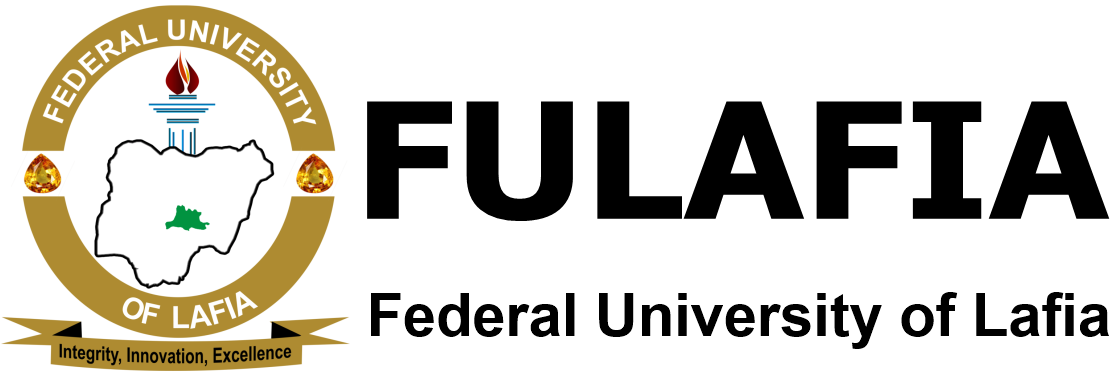History can resolve Nigeria’s nagging problems, argues Prof. Ngharen
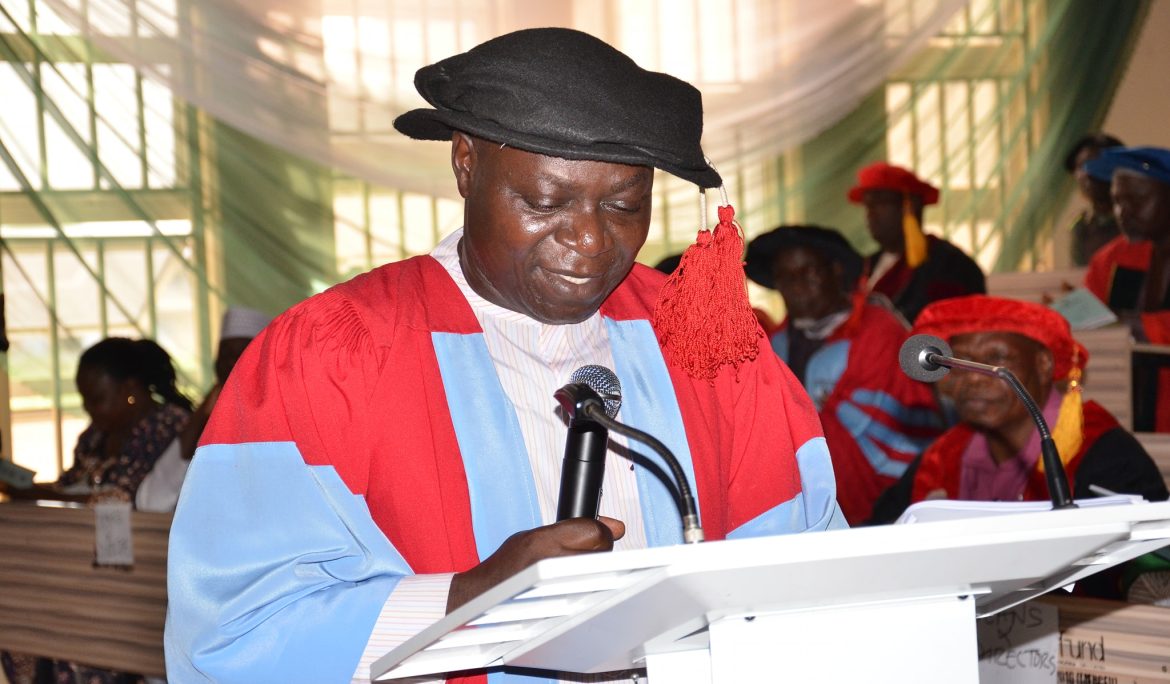
||By Yahaya Ahmed & Musa Ishaq
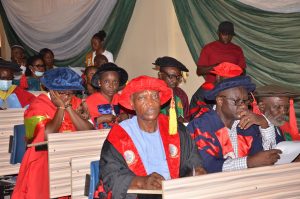
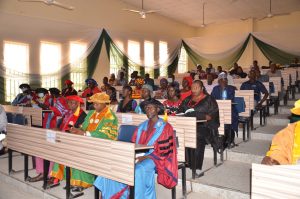
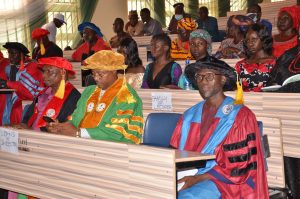
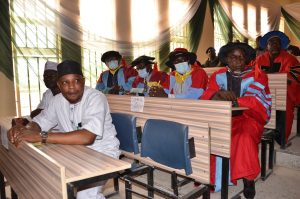
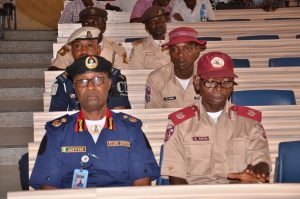
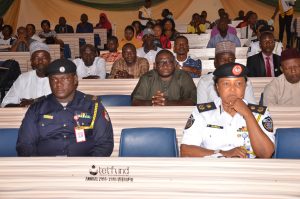
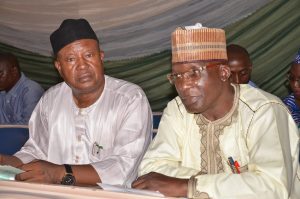
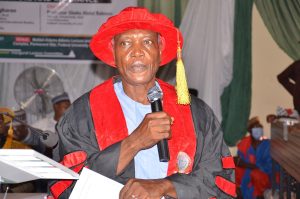
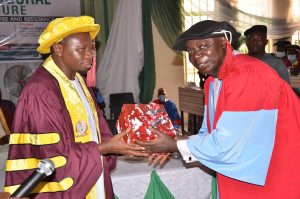
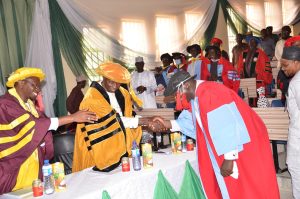
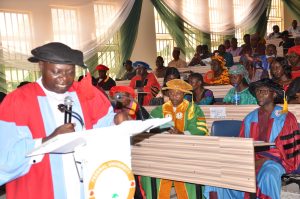
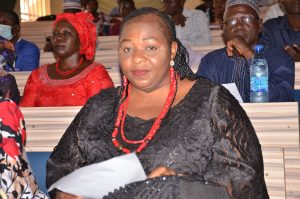
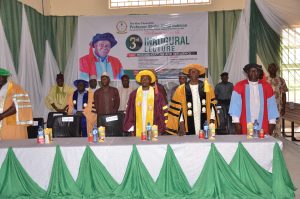
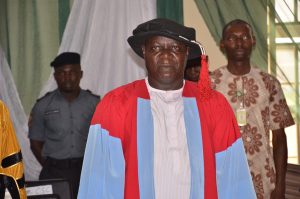
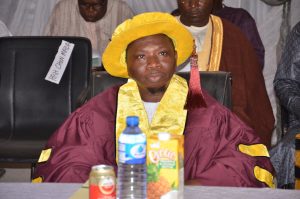
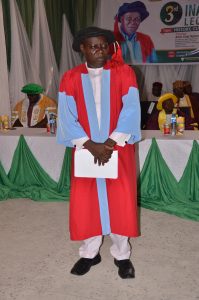
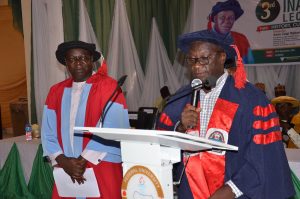
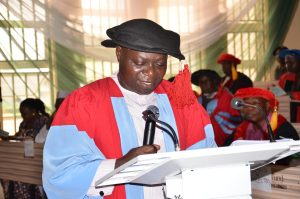
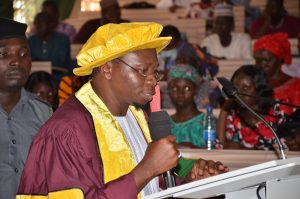
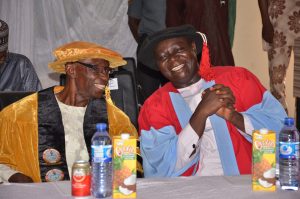
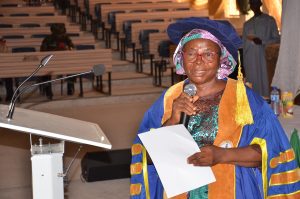
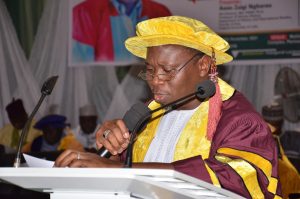
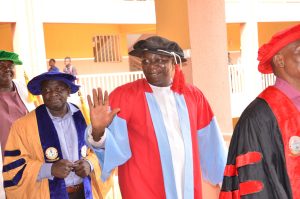 The knowledge of history can help leaders to comprehensively address issues of ethnic agitations, land grabbing, resources management and other forms of contestations plaguing Nigeria, in general, and the North-central zone, in particular, said Professor Amin Zaigi Ngharen of the Department of History and International Studies, Federal University of Lafia (FULafia).
The knowledge of history can help leaders to comprehensively address issues of ethnic agitations, land grabbing, resources management and other forms of contestations plaguing Nigeria, in general, and the North-central zone, in particular, said Professor Amin Zaigi Ngharen of the Department of History and International Studies, Federal University of Lafia (FULafia).According to Prof. Ngharen, history must be consulted to find out why people from the zone, considered as minorities, “are, once more, resorting to institutional forms of resistance.”
Prof. Ngharen made this known as he delivered his lecture at the Third Inaugural Lecture series of FULafia.
“History, Culture and Resistance” was the title of his lecture which took place at the Adamu Adamu Lecture and Office Complex, Permanent Site Campus of the University.
The inaugural lecture which featured for the first time a professor from the Faculty of Arts, focused on the existential history and struggles of the people of North-central, otherwise referred to as the Middle Belt.
The lecture also considered factors as historical perspectives, cultural resistance, cultural influence, local realities and security of the region.
Quoting from a notable scholar of African history, Ade Ajaji, he said that “nations which have no sense of history suffer.”
According to Ngharen, “nations’ values remain superficial and ephemeral unless imbued with deep sense of continuity and perception of success and achievements,” adding: “Such nations cannot achieve a sense of purpose or direction or stability if the future is bleak.”
Ngharen posited that the Britons, Germans and other colonial empires and religion play critical roles in distorting the history and culture of the Middle-Belt people.
Talking about the nagging issue of farmers and herders crisis in the North-central Zone, Ngharen said that open grazing practiced in Nigeria “belongs to a retrogressive society,” adding: “Sadly, Nigeria appears to be one.”
He implored herders to embrace cattle colonies initiative of the Buhari-led administration called the RUGA, which he described as the “modem animal husbandry to avoid confrontation, considering increasing human population and other factors.”
Ngharen argued that history had plenty to contribute in the development process of Nigeria, calling on the Federal Government to make history subject compulsory, like English and mathematics, in all schools.
He called on the Vice-Chancellor of FULafia, Prof. Shehu Abdul Rahman, to take the lead in that regard by establishing what he called a centre for Middle- Belt studies, arguing that FULafia is located in the region where majority of minority groups resideed.
He said that the centre, when established, “should serve as a historical laboratory and a publishing house for documentation of historical records of this emasculated region.”
Earlier, the chairman of the occasion, Prof. Shehu Abdul Rahman, said that “the inaugural lecture of today is a testimony of our collective efforts and commitment to put the University on the tripod of greatness.”
The lecture, said Abdul Rahman, represented the “coming to fruition of the united and sincere efforts of the University community to develop.
He said: “We are well on the way to making our University one of the top five universities in Africa.”
While thanking Ngharen for sharing his knowledge on the importance of history and culture of the people of the North-central region, Abdul Rahman noted that the inaugural lecture “is a testament of the strength and vitality of the academic cadre to showcase their research, innovation and engagement in teaching activities before members of the university community and the general public.”
He thanked the Inaugural Lecture Committee’s Chairperson, Prof. Josephine Odey, and other members of the committee, for organising the lectures.
In her welcome address, Prof. Josephine Odey underscored the University’s expectation of the academics who attained the highest rank in their academic career to deliver their inaugural lecture.
She thanked the audience and the senior academic members, especially the vice-chancellor, for their support for the success of the inaugural lecture series.
The lecture was attended by the Provost, deans, directors and other members of the University community.
The lecture was attended by the former deputy governor of Nasarawa State, Damishi Luka, security chiefs in the state, Provost of FULafia Medical College, Dr Ahmed Ashuku, deans, directors and other members of the University community.
Also present were the paramount ruler of Mada Chiefdom, Chun Mada, Samson Gamu Yare.
Also present were students, family members and friends of the lecturer and the general public.

